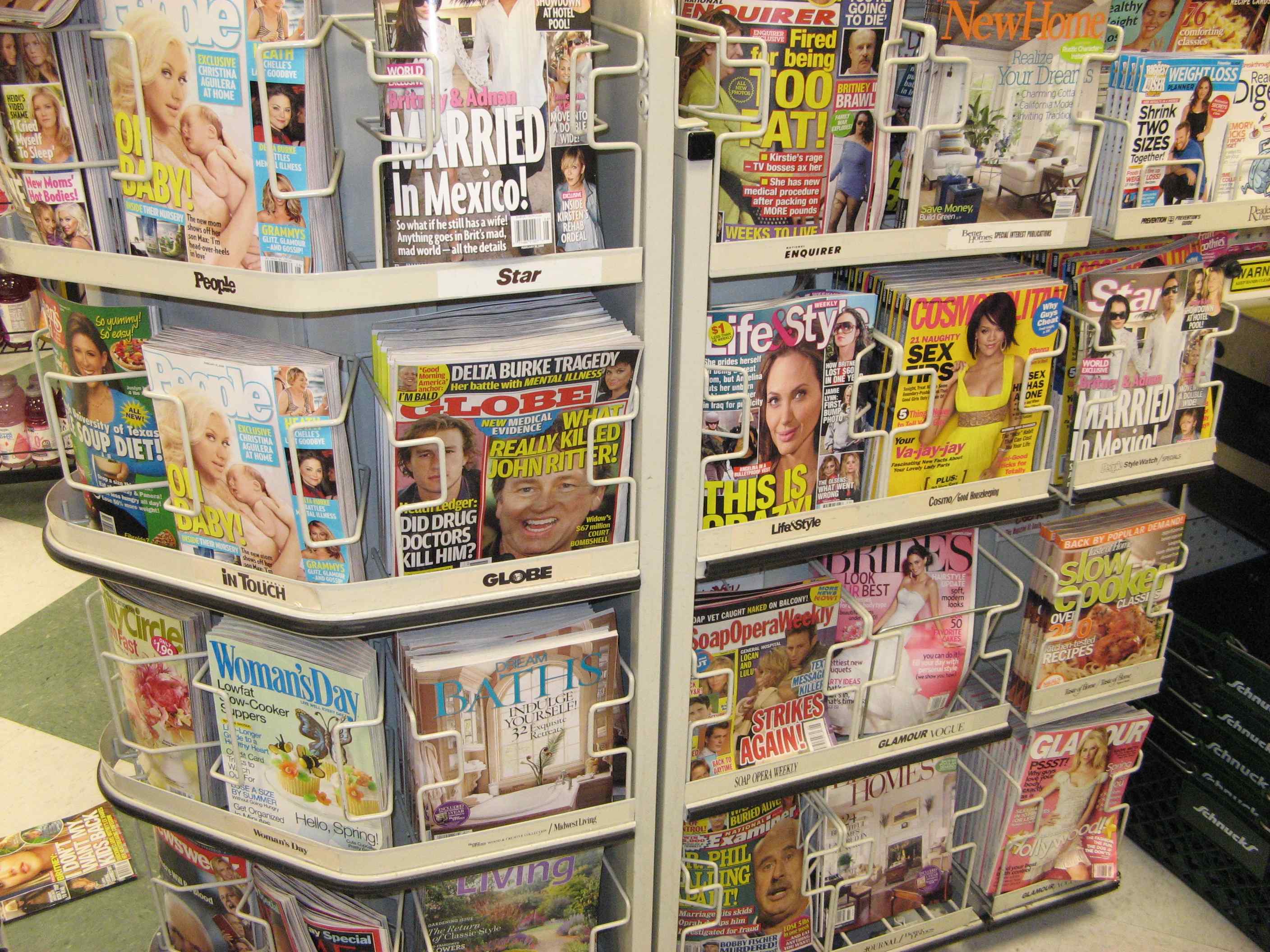Susan Jacoby argues that America has entered the “age of unreason.”
In this interview on Bill Moyers' Feb 15, 2008 show (see the video here), author Susan Jacoby argues that we are now struggling with ignorance as a political crisis. She argues that we are obsessed with small personal facts at the expense of important issues. Most Americans don't spend the necessary time to have a legitimate base of knowledge from which to make important decisions.
Yet politicians dare not address this crisis of ignorance. They won't talk about the political significance of public ignorance, even though it is the widespread public ignorance of basic facts that "makes serious deception possible and plausible."
Jacoby offers quite a few anecdotes. One of these anecdotes is about Franklin Delano Roosevelt's radio addresses during World War II. Roosevelt urged his listeners to go get a map and to look at the map while he talked about the significant events of that war. It's hard to imagine any political figure doing that today. Jacoby cites statistics indicating that only a small number of today's high school graduates have any idea of where the various countries of the Middle East are located on a world map on which the country boundaries are drawn.
She takes it as a truism that our political culture is a reflection of our general culture. We don't want to learn anymore. We go to websites and we attend lectures only when we want to hear information that reinforces what we are ready know. Only a small minority of people are any longer willing to learn from people with whom they disagree. Jacoby blames this on the reduced attention span of Americans.It also has to do with the number of Americans who exercise critical thinking. One-half of Americans believe in ghosts. One-third of Americans believe in astrology. One-half of Americans do not believe in evolution.
Jacoby party blames the media. The news media presents "truth as equidistant from two points." For example, evolution and creationism are presented as two equally valid viewpoints by the news media. Jacoby calls this tactic "dumb objectivity."She cites a shocking statistic (put forth by Stephen Prothero in a book called Religious Literacy): one-half of Americans cannot name Genesis as the first book of the Bible. This lack of information is shocking because huge numbers of Americans claim that the Bible is the most important book in the world. Here's more shocking statistics: 15% of Americans do not understand that the Earth revolves around the sun. Most Americans don't know how many Justices are on the United States Supreme Court.
The ignorance goes on and on, and it is imperiling our democracy. It makes you wonder what we are spending our time doing. Here's a hint: you can find multiple magazine racks like this at most supermarkets.
 (Photo by Erich Vieth. Click to enlarge image).
(Photo by Erich Vieth. Click to enlarge image).

